‘I felt like I was talking to God’: An Islamic pilgrimage of devotion and unity
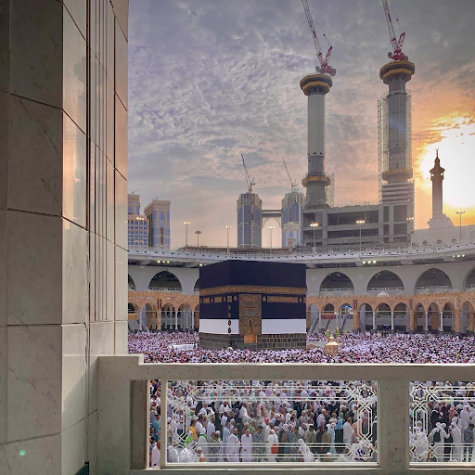
Each year, millions of Muslims travel to Saudi Arabia to complete Umrah, a sacred pilgrimage to Mecca and Medina, Saudi Arabia. The pilgrimage offers an opportunity for Muslims to seek forgiveness, revitalize their faith and supplicate to God.
Umrah involves four to five hours of rituals, but many Muslims choose to spend many days in the holy cities to perform the pilgrimage multiple times.
Green Hope student Nasi Rahman (‘23) described his most recent pilgrimage in July 2022, saying, “we do a few different rituals such as walking around the Kaaba [a holy building in the middle of Mecca, considered to be the House of God for Muslims] seven times and walking between Safah and Marwah [two religiously significant hills] seven times.”
“You wear certain clothing and men shave their heads afterward, and you develop a more special connection to God. It shows how much Muslims are dedicated to what they believe in,” he said.
Observers wear plain-colored clothing known as Ihram, which refers to the state of purity that Muslims must enter into prior to participating in the pilgrimage. Ihram symbolizes the alikeness of all Muslims in the eyes of God, regardless of income, race, gender or age.
Sohaib Gulzar, another Green Hope student who performed Umrah in early March, also reflected on his pilgrimage.
“It was the best experience of my life. This was my first time traveling to Mecca for pilgrimage, but one thing I noticed was that the environment was calm and peaceful during all of the rituals,” he said.
Gulzar also emphasized how the holy trip enabled him to spend time with family and friends. The pilgrimage was not only an opportunity to refocus, he said, but the days leading up to his Umrah trip also served as an opportunity to prepare with loved ones.
“Before we left for the airport, my family and I watched videos together about what to expect when we went to perform Umrah…When we got there, my parents made sure I was with them all the time because there were a lot of people,” Gulzar said.
Up to 100,000 people of all ethnic backgrounds can perform Umrah each day, creating a space of religious unity that many regard as incomparable to other Islamic practices.
Omar Khan (‘25), a Muslim Student Association member who completed the pilgrimage in 2018, spoke on the unifying aspects of Umrah, saying, “Umrah is a surreal experience and I recommend that everyone goes because the connection between the hundreds of thousands of people there is amazing. There were people who didn’t speak my language [at Umrah], but they were still helping me throughout my trip.”
While Rahman, Gulzar, and Khan completed Umrah at different times, the pilgrimage provided all three with an opportunity to seek forgiveness, strengthen their faith and develop a stronger connection with God. Umrah highlights similarities between Muslims that come from different backgrounds and emphasizes the importance of unity and devotion in the Islamic faith.
The staff of the GHFalcon would love a donation to help the journalism program at Green Hope continue to flourish. Many of our donations go to towards improving the materials that we deliver to you in electronic format. Thank you so much to those that are able to donate.
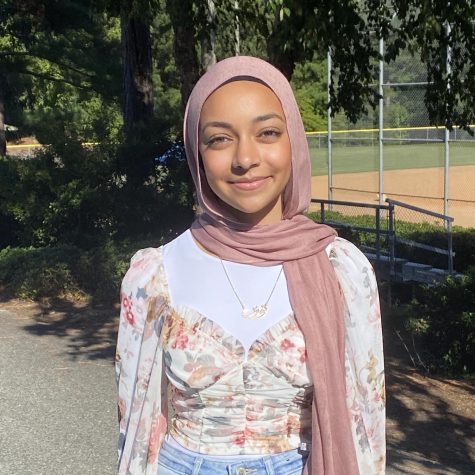
Noreen Mohamed is a senior at Green Hope High School. This is her second year on the GHFalcon. Noreen is a nationally recognized writer for her work on a variety of subjects. In the future, Noreen is...

Amna Ahmad is a junior at Green Hope High School and this is her second year at the GH Falcon. She’s interested in investigative journalism, which was inspired by the award-winning article written by...
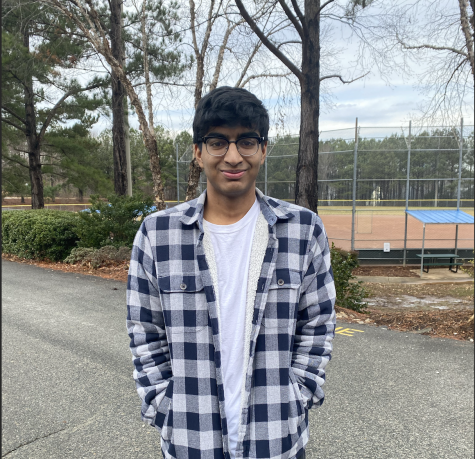
Aariz Khan is a senior at Green Hope High School, and this is his first year on the staff of the GH Falcon. Aariz has lived in North Carolina his whole life and he plans on going to college locally. After...








































































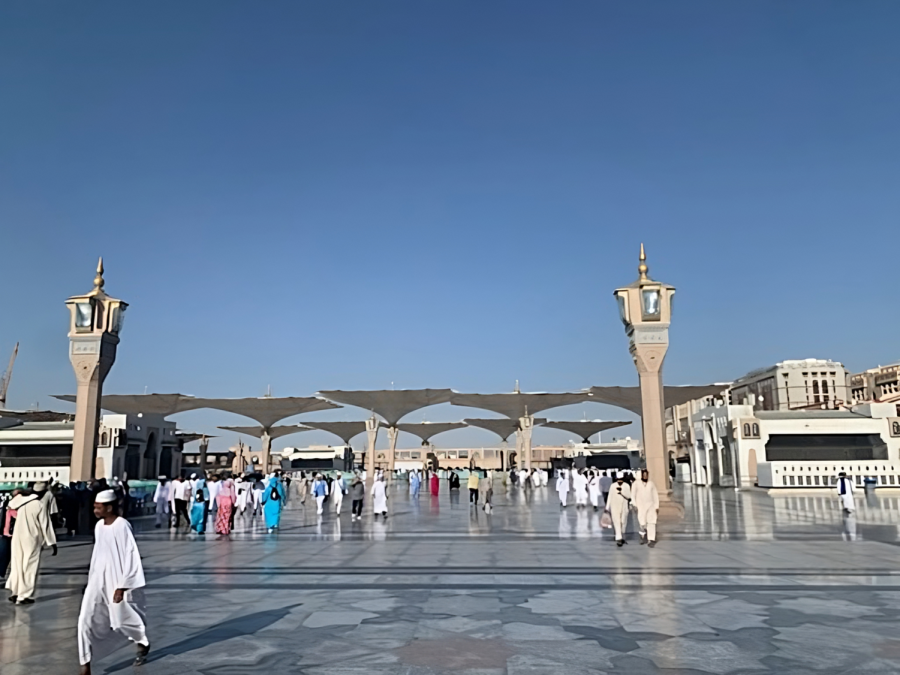
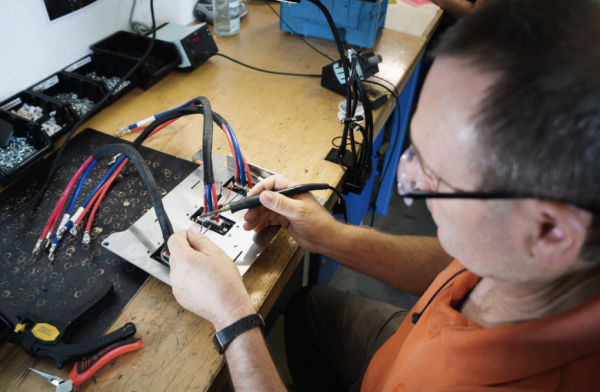






Concerned student • Apr 18, 2023 at 9:02 am
This goes against the establishment clause as GH falcon is sponsored by tax payers money therefore it its the government establishing this religion
adviser • Apr 18, 2023 at 11:20 am
Thank you for your comment. The GH Falcon takes rules and clauses seriously. This article concerns student journeys. This reporting is in our Student Life and not Editorial section. We are in no way promoting specific religious beliefs onto our readership. This is also a nationally awarded article that goes through many checks prior to national publication. Please reach out to Mr. Mayse at [email protected] or feel free to comment back as we take comments seriously.